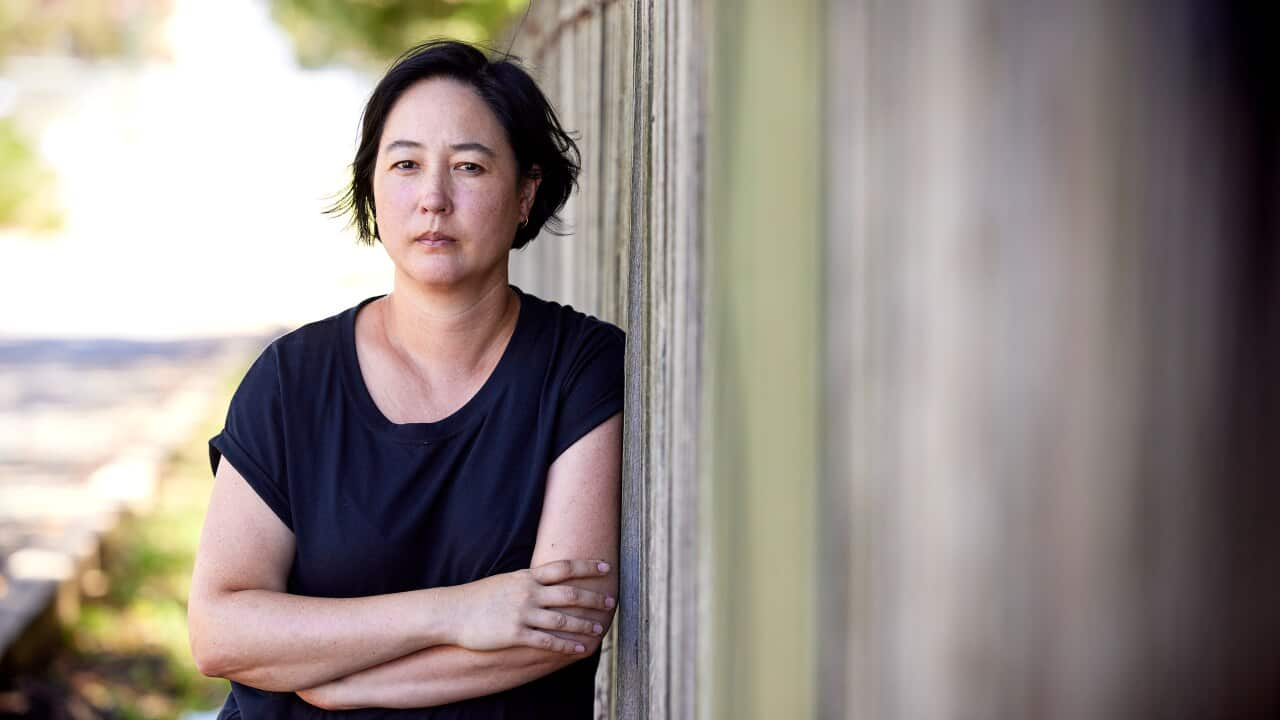I can’t remember whether I was still in a booster seat when my mum got the gunmetal grey 1998 CE Lancer. It replaced a hideous, boxy burnt orange Ford from the 80s. I can’t remember the model. She drove me around in it for many, many years. Around the time I was 18 in 2012, she was in the market for a new car and gifted it to me.
A marvel of engineering despite the two times I crashed it before I hit 19, the car is still with me today. My mum asked to borrow it again when her newer car was getting a service. She told me she’d been wrestling the gearbox and it was on its last legs. As tragic as it was to part with a car that I’d been commuting in one way or another for 23 years, it probably couldn’t have come at a better time.
I have wanted to be a writer since I was a kid. It isn’t the most profitable venture. I’ve had to take a lot of side gigs over the years, to say the least. Back in 2016, I got the idea that I should emulate one of the people I look up to most, Luke Carman, and go to grad school. Teach university while I write. It took another five years of study and a lot of persistence, but at the start of the year I finally found casual work as an academic. I didn’t lose my , either. I found another one writing resumes for people who struggle with that kind of thing. I somehow ended up with six days a week of work across three jobs. What this meant, is that for the first time since I hit puberty, I haven’t been poor.
I somehow ended up with six days a week of work across three jobs. What this meant, is that for the first time since I hit puberty, I haven’t been poor.
As recently as the start of 2020 I would strategically overdraw my account before payday to get cigarettes once my bills were done. Despite being poor for many years, my credit score is exceptional. This came at the cost of sometimes just not eating. After paying the rent, my internet and phone bills, I’d end up at -$50. When I finally escaped chronic underemployment, I realised I had a lot of unlearning to do. I also gained a lot of weight, as you could imagine.
There’s a mindset you develop living through that kind of scarcity. When I hear people say that “the money is burning a hole through their pocket,” I understand that viscerally, because it seems like no matter how big the paycheque, it’s always ready to be washed away in a deluge of bills and other expenses. When I was 18, I had a drug problem. That took all my money. By the time I was 23 I was clean, save for cigarettes and booze. By 25, I was living like a monk. Once I was drug-free, the feeling that having money was always temporary remained. Without that crutch, I rushed to spend what little I’d earned on my hobbies. It’s not like I made enough to seriously consider saving for a house, or foreseeably ever would.
It seems like no matter how big the paycheque, it’s always ready to be washed away in a deluge of bills and other expenses.
So here I was, faced with needing a new car despite having no savings even now my income was suddenly decent. I managed to scrape together a few thousand in a year by putting a couple of hundred a week away, but I still wasn’t used to having money saved.
A good friend of mine said he needed to sell his Toyota 86. I had another six months to accumulate the remaining six grand. So, I just kept saving like I had. I was exceptionally lucky that my circumstances permitted this. As part of the academic precariat, I’m fully aware that my work could dry up at any moment — but going from semester to semester is a holiday compared to living paycheque to paycheque, barely able to eat after covering other expenses. I remember thinking when I first held down a steady job that living paycheque to paycheque was a holiday compared to surviving on Centrelink. You know what’s more stressful than nearly any job? Not having one.
I remember thinking when I first held down a steady job that living paycheque to paycheque was a holiday compared to surviving on Centrelink.
This year taught me how the other side lives. If I’d become an accountant rather than a writer, I would have started making this kind of money when I was 22. At the rate I saved this year, I might have been one of the mythical millennials that actually bought a house. It took one good year to turn it all around, and it could take a bad couple of months to put me back where I started. What I’ve learned is that there’s more than one way to treat a paycheque like it’s your last. I’ll never forget that.
This story has been published in partnership with The Writing Zone, a mentoring program for young writers from Western Sydney, hosted by Western Sydney University’s Writing & Society Research Centre.




